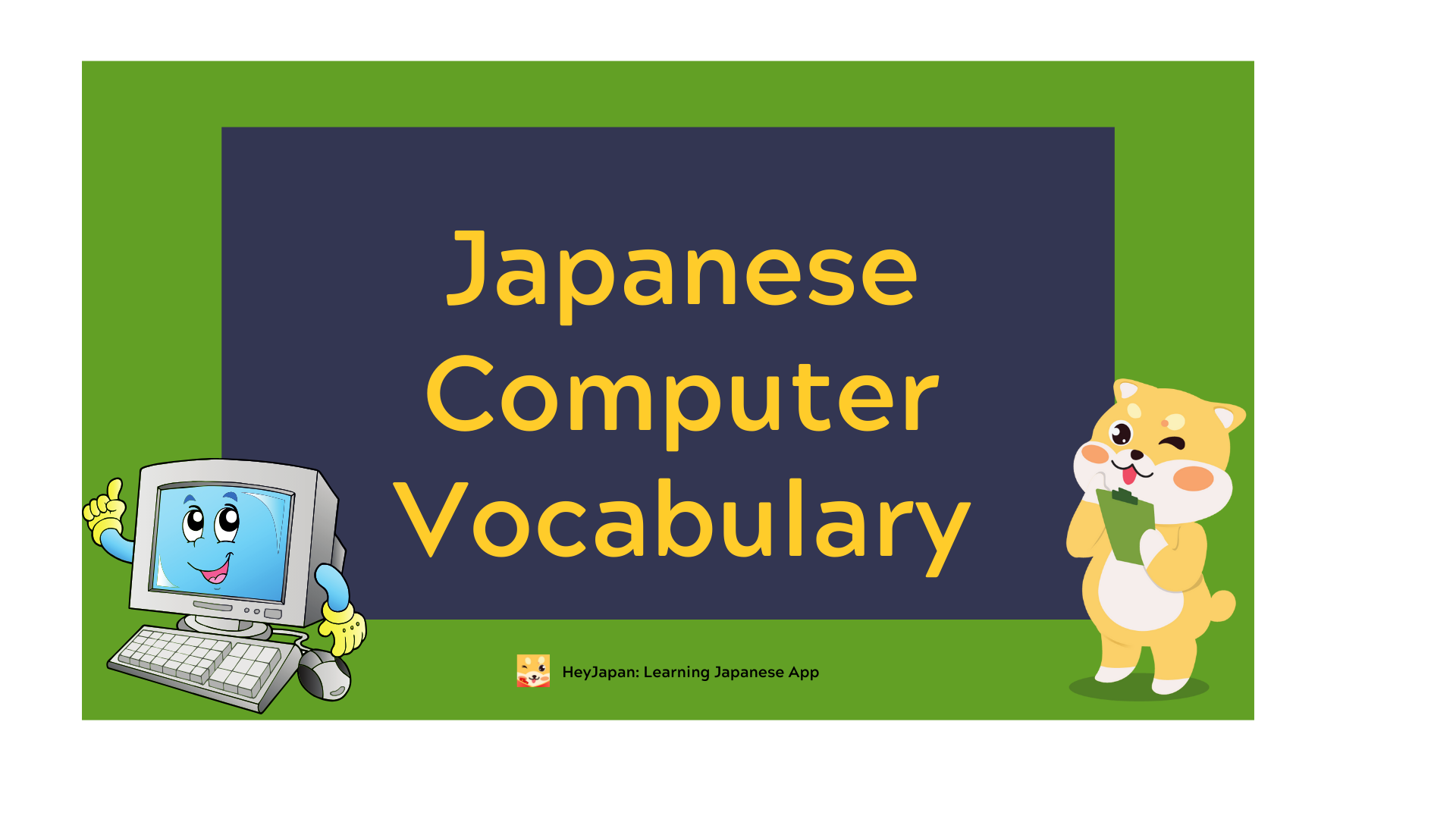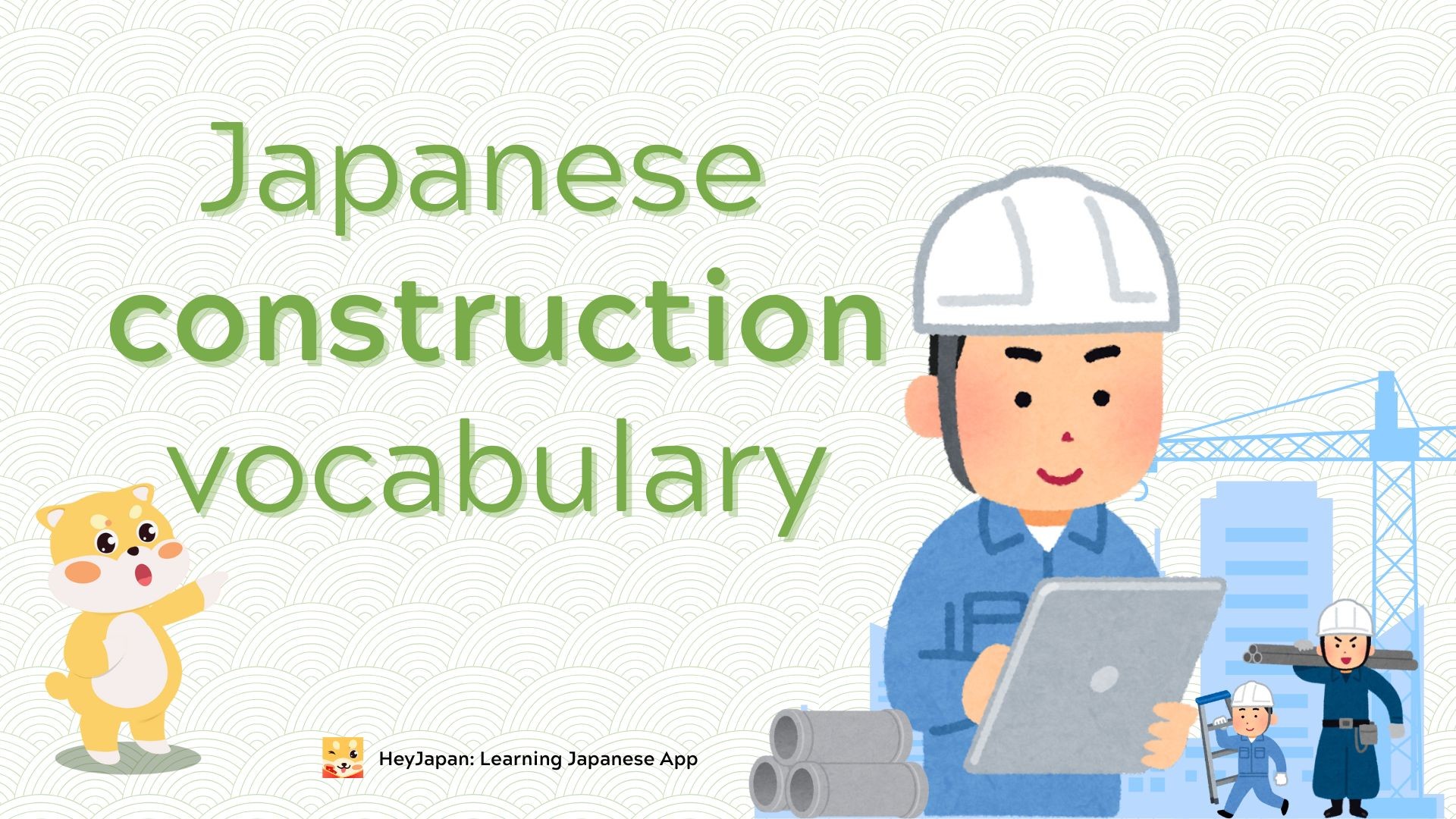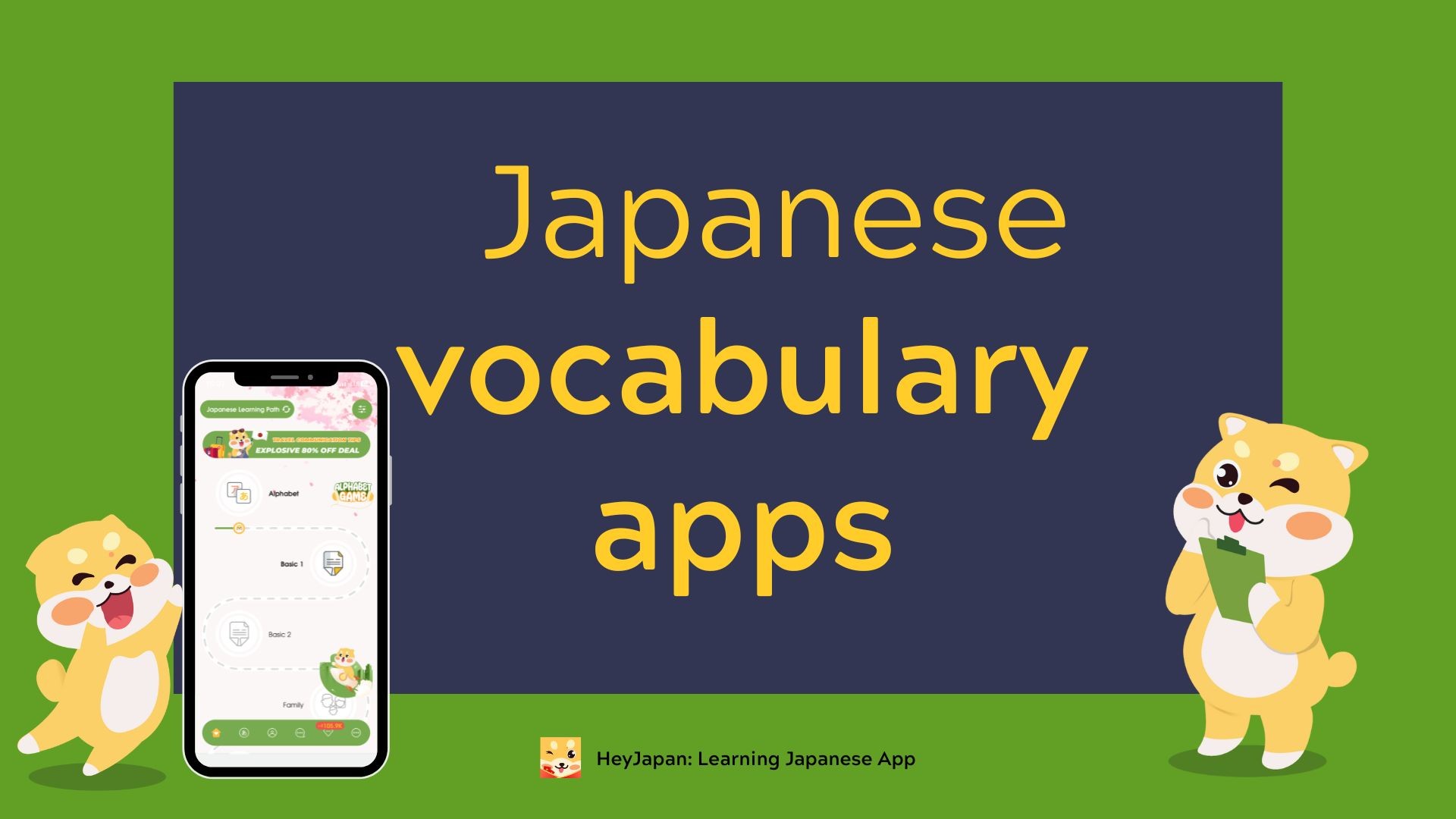- JLPT Japanese Language Proficiency Test
- NAT-TEST Japanese Language Exam
- J-TEST Practical Japanese Language Exam
- TOPJ Japanese Language Proficiency Exam
- BJT Business Japanese Proficiency Test / JLRT Japanese Language Reading Test
- J-CERT Japanese Communication Ability Evaluation and Rating Test
- JLCT Japanese Language Competency Test for Foreigners
- STBJ Japanese Language Proficiency Exam
- Conclusion
Japanese language exams aim to assess one's proficiency and demonstrate the ability to use Japanese. Currently, Japanese language exams in Vietnam are periodically organized by reputable organizations, with each exam having distinct characteristics suitable for the learners' goals and levels. In this article, we will explore the various Japanese proficiency exams available in Vietnam.
JLPT Japanese Language Proficiency Test
JLPT is a widely recognized test for assessing Japanese language proficiency, organized by the Japan Foundation under the Ministry of Foreign Affairs of Japan. The exam has five levels, from N5 (basic level) to N1 (advanced level), evaluating four comprehensive skills: listening, reading, vocabulary-grammar, and writing. Results are announced on the official JLPT website and are widely recognized in Japan and many other countries.

JLPT Japanese Language Proficiency Test includes five levels from N5 to N1
JLPT is suitable for all Japanese learners. The JLPT exams are held annually in July and December. You can register for the exam at Japanese language centers, test sites, or online on the official website. To register, you need to prepare a registration form, a copy of your ID or passport, a photo, and the exam fee.
Currently, the JLPT exam is considered the most popular Japanese exam for foreigners. The results are also used as a language standard for specialized foreign language high schools, universities with Japanese language majors, and are necessary for studying abroad in Japan. Therefore, you might consider studying and registering for this exam to obtain a certificate and future career opportunities.
NAT-TEST Japanese Language Exam
NAT-TEST is an exam organized by the Japanese NAT-Test Management Committee. NAT-TEST has five levels, helping learners assess their proficiency from beginner to advanced. The exam content includes grammar, vocabulary, reading comprehension, phonetics, and listening. NAT-TEST is suitable for those who want to assess their overall Japanese proficiency or prepare for other exams like JLPT.

NAT-TEST Japanese Language Exam is one of the popular exams in Vietnam
NAT-TEST is organized in even months of the year, with six test sessions. You can register for NAT-TEST on the test council's website, through a center, or directly at the test location. To register, you need to prepare a registration form, a copy of your ID or passport, a photo, and the exam fee.
J-TEST Practical Japanese Language Exam
J-TEST is an exam organized by the Japanese Language and Culture Development Association, aiming to assess the ability to use Japanese in daily life and communication. J-TEST is suitable for all Japanese learners, especially those who want to improve their communication skills.
J-TEST Practical Japanese Language Exam is suitable for all Japanese learners
J-TEST is held on the second Sunday of odd months annually, and you can register for the exam online or through an intermediary. To register, you need to prepare a registration form, a copy of your ID or passport, a photo, and the exam fee.
TOPJ Japanese Language Proficiency Exam
TOPJ is an exam organized by the International Education and Cooperation Promotion Association, focusing on the ability to use Japanese in work and daily life. The exam includes four skills: listening, reading, writing, and speaking. TOPJ is suitable for all Japanese learners who want to improve their language skills for work purposes.
TOPJ is held four to six times a year, depending on the number of registrations and announcements from the test council. Candidates can register for the exam online or at Japanese language centers. To register, you need to prepare a registration form, a copy of your ID or passport, a photo, and the exam fee.
BJT Business Japanese Proficiency Test / JLRT Japanese Language Reading Test
BJT (Business Japanese Proficiency Test) and JLRT (Japanese Language Reading Test) are specialized Japanese exams organized by the Business Japanese Association. BJT focuses on the ability to use Japanese in a business environment, while JLRT focuses on the ability to understand and analyze information from Japanese documents at work. Both exams are suitable for those who want to improve their Japanese skills in the business and commercial fields.

BJT Japanese Language Exam focuses on the ability to use Japanese in business
Currently, these exams are only held in Hanoi and Ho Chi Minh City. Therefore, if you want to register, you can directly visit these two test locations to register, purchase forms, and complete other procedures. Additionally, you can also register online on the official website of the organizing council.
J-CERT Japanese Communication Ability Evaluation and Rating Test
J-CERT is a Japanese language exam for daily life and organized by the International Education and Cooperation Promotion Association. This exam focuses on the ability to use Japanese in daily situations, including listening, speaking, reading, and writing. J-CERT is suitable for those who want to improve their communication skills in daily life.
The exam structure also focuses on listening, speaking, reading, and writing skills with diverse content and cultural questions. J-CERT is held four times a year, usually on Sundays in March, May, August, and November, making it suitable for preparing study abroad applications in Japan.
JLCT Japanese Language Competency Test for Foreigners
JLCT (Japanese Language Competency Test for Foreigners) is organized by the International Education and Cooperation Promotion Association and is one of the most popular Japanese exams. This exam assesses the ability to use Japanese in daily communication, study, and work situations. The exam content includes listening, speaking, reading, and writing.
JLCT is held six times a year in odd months. Currently, the test council only organizes the exam in Hanoi. If you want to register, you can submit your application at the test site with a fee of 700,000 VND per registration or visit the official website of the test site and send your application via email: [email protected].

JLCT Japanese Language Exam is for foreigners
Japanese language exams are an important topic and attract much attention from Japanese learners. Participating in these exams not only helps assess proficiency but also demonstrates the learner's ability to use Japanese. In Vietnam, many Japanese language exams are periodically organized by reputable organizations, each with distinct characteristics suitable for different goals and levels. This article will delve into each popular Japanese language exam in Vietnam.
STBJ Japanese Language Proficiency Exam
STBJ is a specialized Japanese language exam organized by the International Education and Cooperation Promotion Association. This exam focuses on the ability to use Japanese in a business and commercial environment, including listening, reading, writing, and communication sections. STBJ is suitable for those who want to improve their Japanese skills for work and business.
STBJ is held four times a year, in January, April, July, and October. Candidates can register for the exam online or at Japanese language centers. To register, you need to prepare a registration form, a copy of your ID or passport, a photo, and the exam fee. This exam helps candidates enhance their communication skills and use Japanese in professional settings.

There are many Japanese language exams held annually
Conclusion
The above information covers the Japanese language exams in Vietnam that you can participate in to assess and improve your Japanese proficiency. Participating in these exams not only helps you achieve a certificate suitable for your level but also opens up many opportunities for studying, working, and cultural exchange in Japan. Good luck with your Japanese learning and practice!









